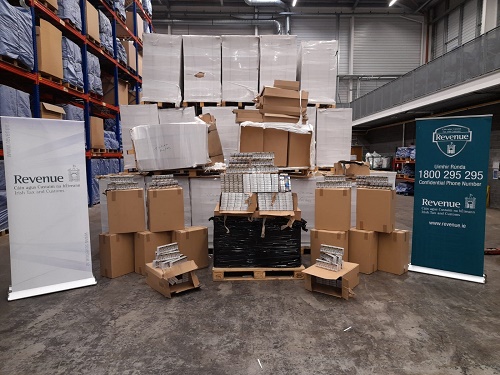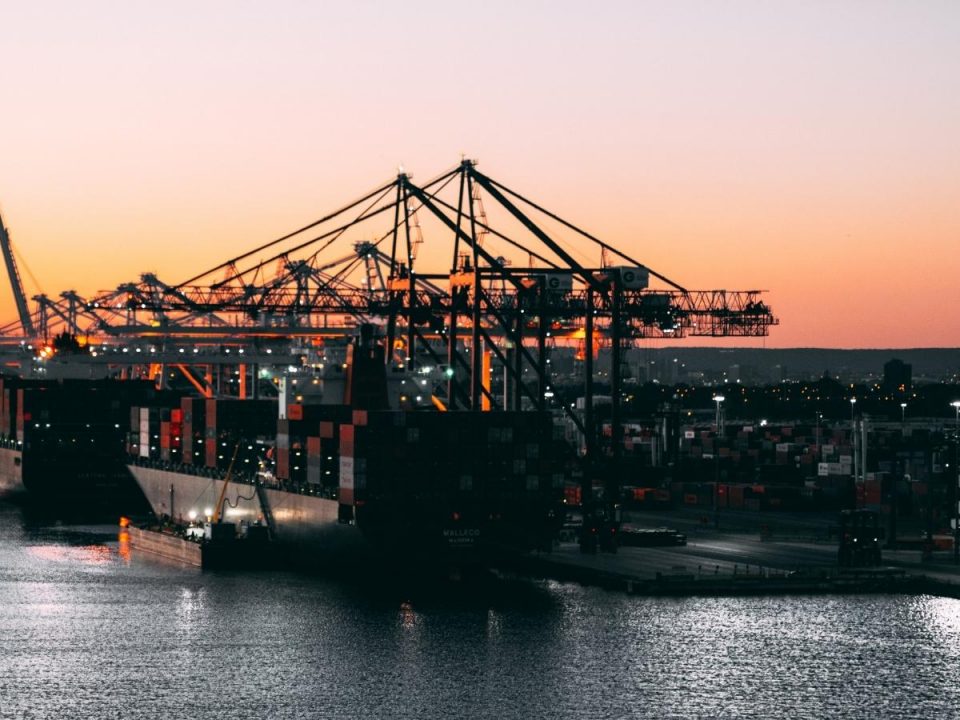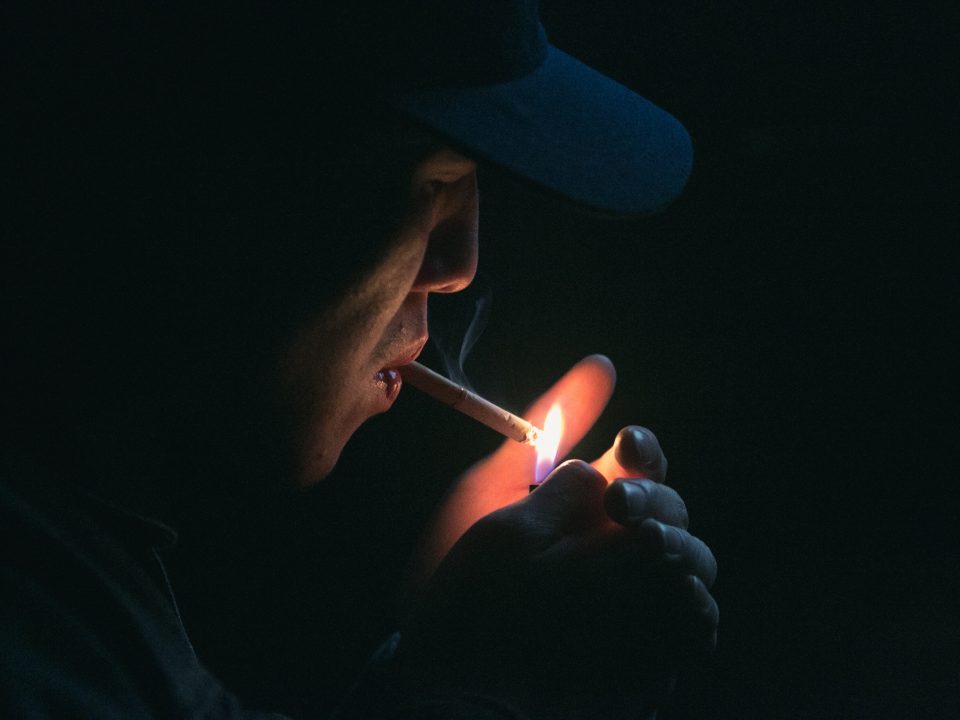One in Three Retailers Along the Border Concerned that Brexit will Create a Bigger Market for Smuggling Along the Border.
Retailers and the Exchequer suffer as over 742 million cigarettes bought illegally or brought from overseas
April 27, 2017Increase in excise on cigarettes nothing more than stealth tax on customers and a gift to criminals – Retailers Against Smuggling
October 10, 201728th September 2017, Dublin
A cross-border survey conducted by Retailers Against Smuggling (RAS) has revealed that one in three retailers in Ireland are concerned about the rise in criminality and illicit trade following the decision of the UK to leave the European Union last year. Responses from 114 retailers in the counties of Donegal, Cavan, Monaghan, Sligo and Louth were recorded, along with 101 additional retailers across Northern Ireland. The survey results come weeks after Minister for Foreign Affairs Simon Coveney declared that Ireland’s interests would be at the forefront during Brexit talks. Smuggling and illicit trading increases must remain an important factor for the Irish government during border negotiations.
The results showed that of those surveyed in the border counties, one third of retailers feel Brexit will create a bigger market for smuggling in the county, while 44% have noticed a significant increase in smuggled products and illicit trade in recent years, particularly since Brexit. This figure rises to 56% of their counterpart retailers north of the border.
One-third of all retailers surveyed believe that Brexit will lead to a further presence of the black-market along the border and significant losses to the Exchequer, as well as their own businesses.
RAS spokesperson and small business owner, Benny Gilsenan said “when a customer doesn’t buy their cigarettes in my shop, that means they’re not buying their pint of milk, they’re not buying their sliced pan. It has a huge knock on effect on small businesses”.
Retailers on both sides of the border can no longer compete with the illicit trade of smuggled products. In terms of illicit trade, cigarettes and loose tobacco are by far the most urgent concern for retailers. Mr Gilsenan continued “smuggling is a constant concern for us as retailers. A packet of cigarettes bought on the street costs the consumer less than half price of what they would pay in a shop. A legitimate retailer selling a packet of cigarettes for €11.50 simply cannot compete with a smuggled pack that costs just €5. The Government needs to protect legitimate Irish retailers from the consequences of illicit trade”
According to Revenue’s Illegal Tobacco Products Research Survey 2016, 10% of cigarette packs in Ireland are classified as illegal and a further 8% are Non-Irish Duty Paid. In a report released by Grant Thornton in 2015 found that a key driving force for the illicit trading of tobacco and alcohol is the continuously increasing level of excise duty on products. Half of all Irish retailers surveyed believe that the key to undermining cross-border smuggling of tobacco and alcohol is to harmonize tax and price differentials between Northern Ireland and the Republic of Ireland.
The survey also revealed a shocking lack of trust in authorities both north and south of the border, with only 13% of those surveyed having confidence in the ability of authorities to tackle smuggling. There is a massive disparity between alcohol seizures and summary convictions in Ireland. In 2016 there were 1,875 seizures of illicit alcohol in the country, but only four summary convictions. Border retailers indicated in the survey that they would like to see the purchasing of illicit goods to be made an offence. This provision was one of the key measures proposed under the Sale of Illicit Goods Bill, which made it an offense for a person to buy alcohol, tobacco or solid fuel from an unregistered retailer.
A roundtable discussion was held yesterday in Dublin to tackle Brexit, the Border & the Black Market. The event was co-chaired by Kevin Doyle, Group Political Editor at the Irish Independent, and Allison Morris, Security Correspondent from the Irish News. Members of An Garda Siochana, the PSNI, HMRC and political parties from both the Republic and the North met to discuss the issues that retailers on both sides of the border will face in the coming months and years. “The people that attended this roundtable discussion are the ones who can make a real impact. Events like this need to happen more often, it’s so important to keep the conversation going between officials in the Republic and the North. We need to work together on this.” Said Mr Gilsenan.



